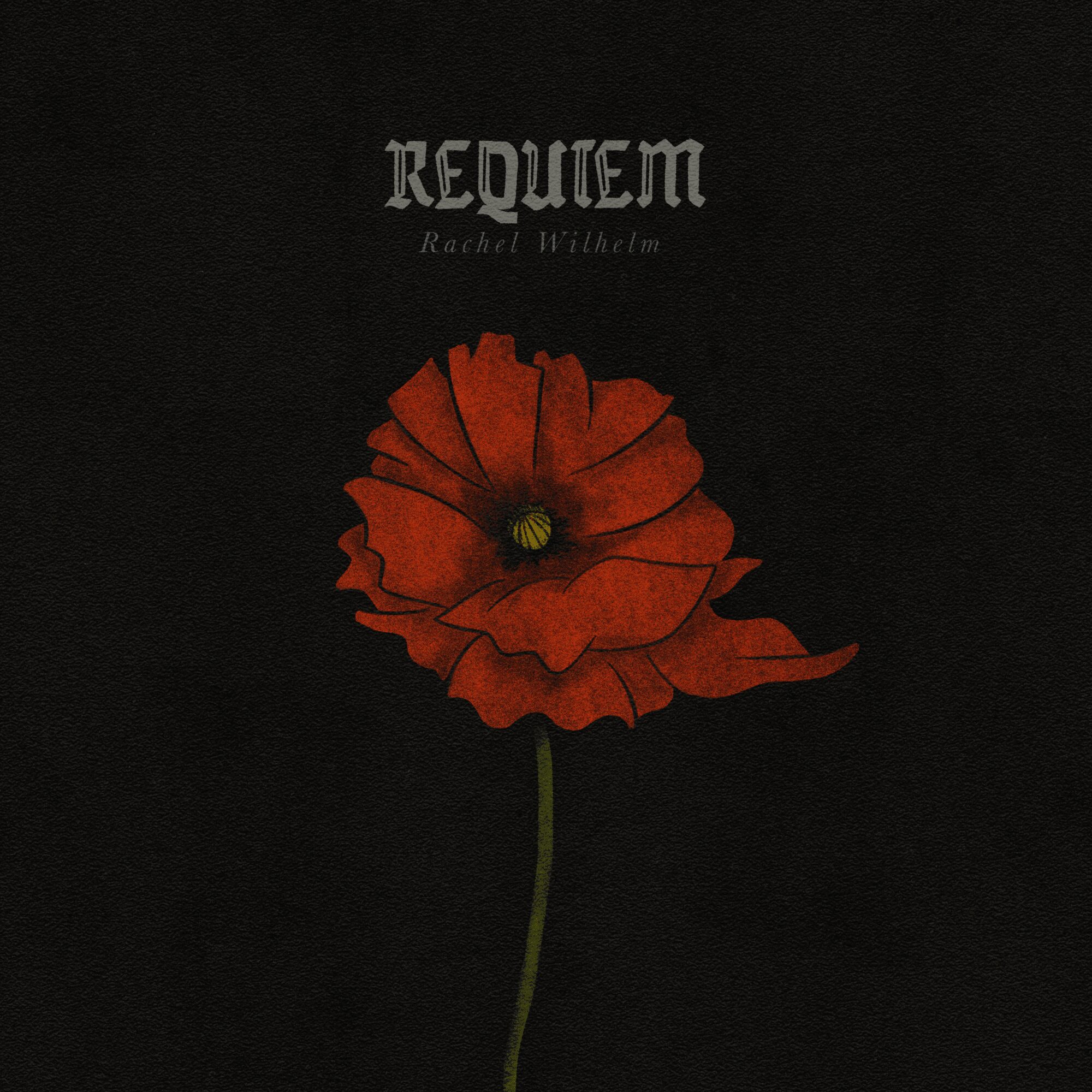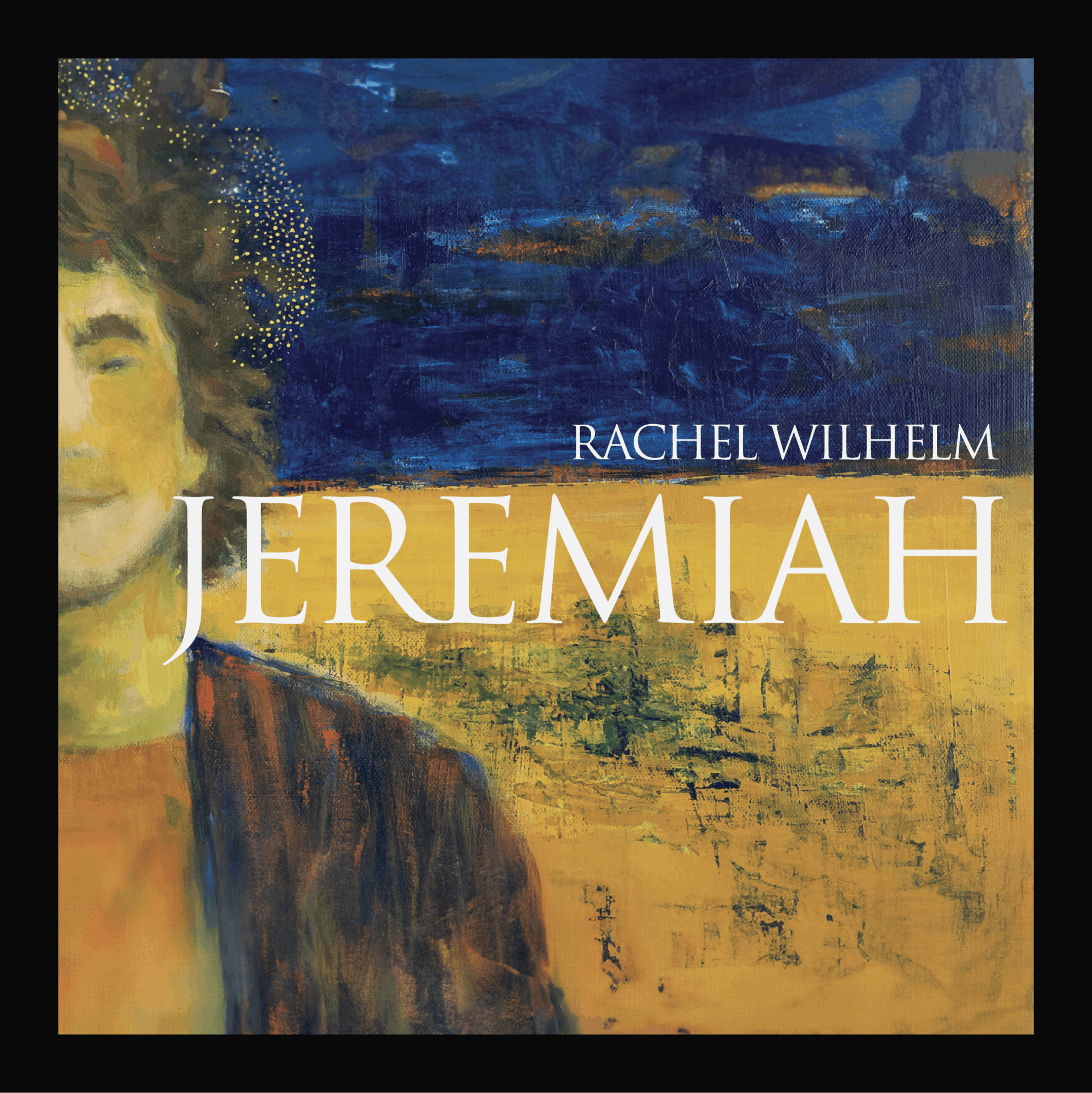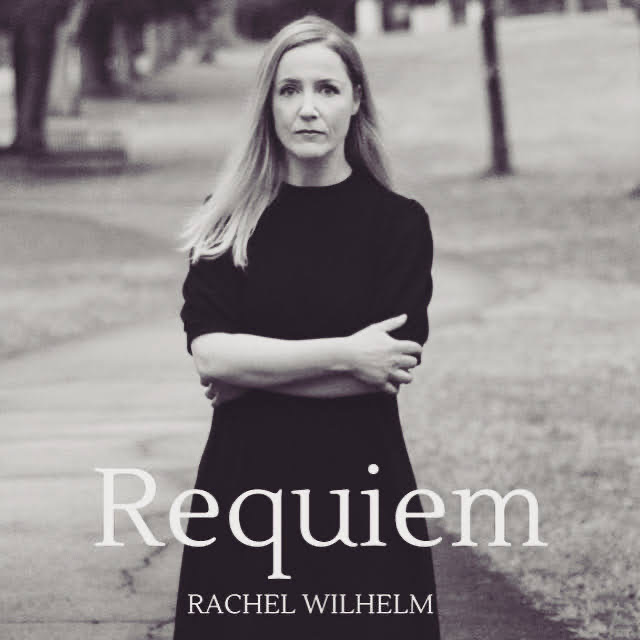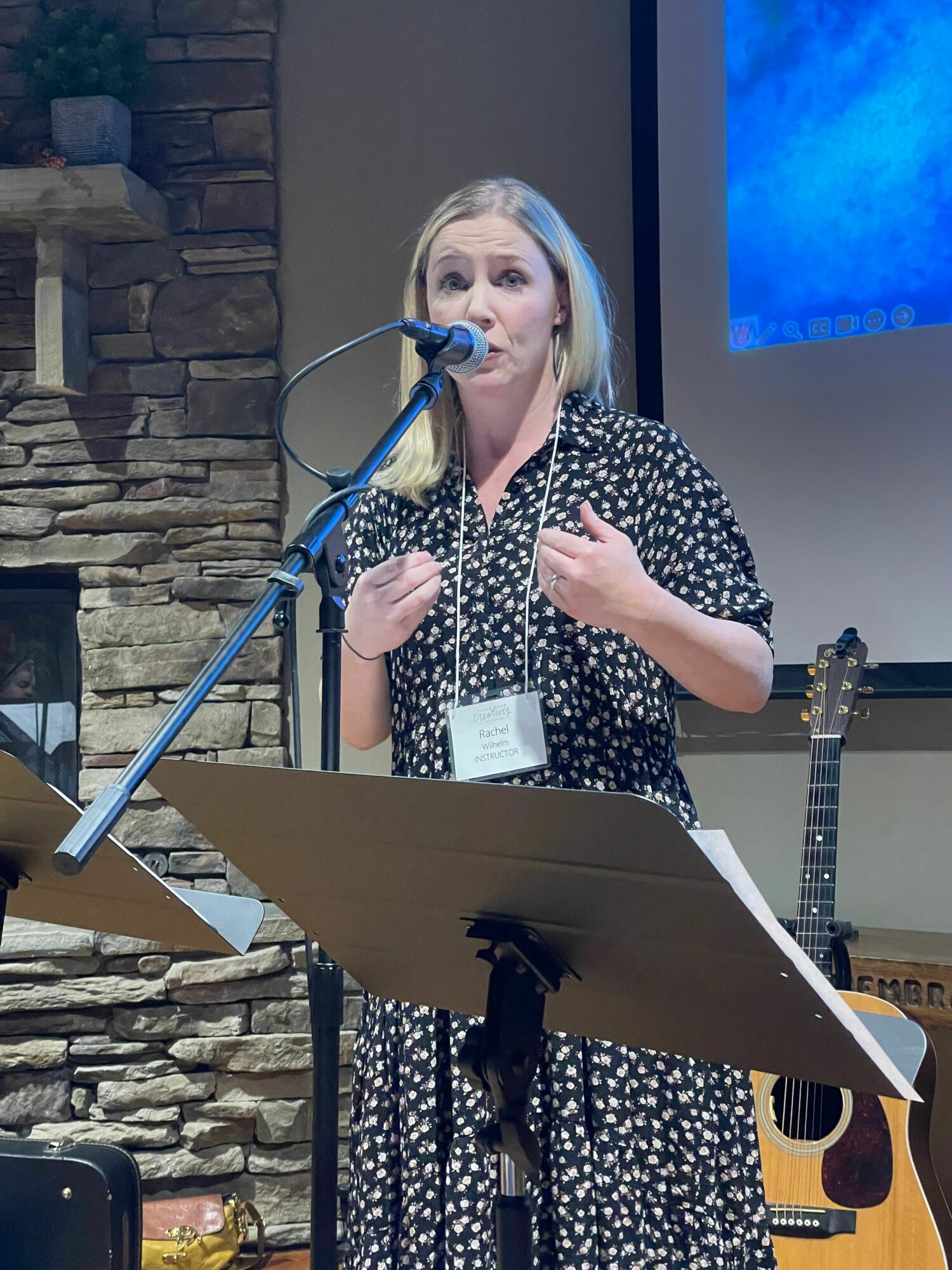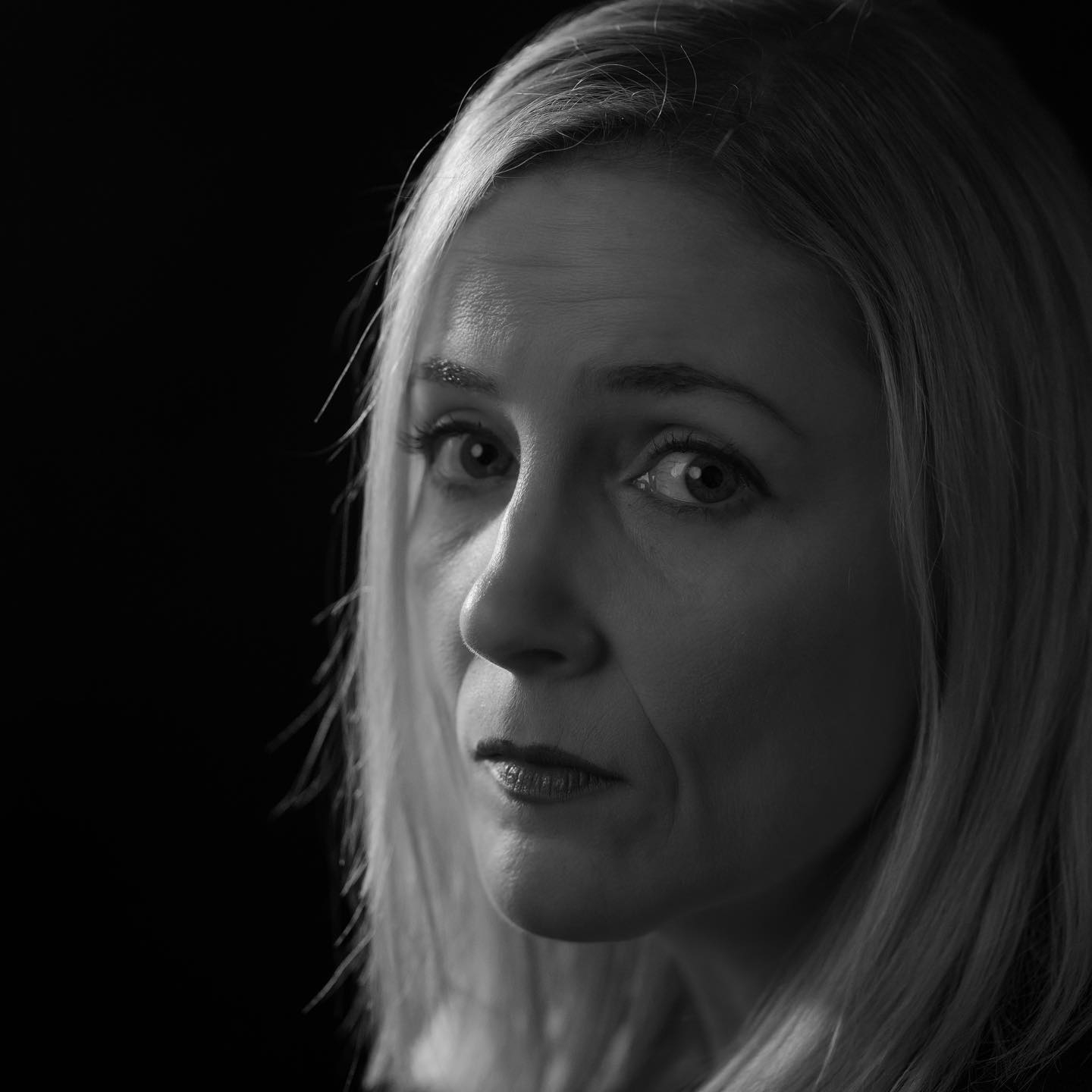

Today we’d like to introduce you to Rachel Wilhelm
Hi Rachel, we’d love for you to start by introducing yourself.
I started writing songs from Biblical Scripture when I was around seven years old. The music of Amy Grant and the production of Brown Bannister captivated me, made me think that making music that felt homegrown and authentic was possible. Of course, I didn’t know that was what I was hearing. It was just a feeling. I let my imagination allow me to create songs on long commutes to church in Southern California. I wish I had that full capability to make an entire orchestration of a song still. Ever since I learned to play guitar later on in life I started to slowly lose some of that, even though when I played guitar to accompany myself it felt disappointing and underwhelming.
I was always in the church, leading music and writing songs that I felt no one would ever sing. Most of what was sung was provided by the Nashville, California, or Australian professionals. Many churches never saw the need for a homegrown collection of worship songs. But as I went from place to place over the years, I saw many songwriters in local churches much like myself, and I had so much compassion for them. I would help them refine their songs for worship, and make a point to sing them, even if it meant we couldn’t sing mine.
After and while having kids, homeschooling them, and working in churches, in 2017 I put out my first full-length album, “Songs of Lament”, unenthusiastically because of my health issues with Fibromyalgia. I felt God was telling me to put this album out so songwriters could be inspired to write from a place of honesty, and for listeners to seek him from a place of realness. Both things happened in my social circles. “SOL” opened doors for me to speak and write on the subject of lament in the Christian church, which was a very needed and is still a very needed practice. Since, I have released a few other albums encompassing lament either in tradition or Scripture: “Requiem” (2021) during COVID (for those that are grieving loved ones and cannot be with them or those experiencing any kind of loss), “Mystery Canticles,” (2022), “Jeremiah” (2023), and “Hosea” due in the fall of 2025. The love of writing out of Biblical Scripture never left me from when I was a child. I practiced and practiced the art of what I call, “illuminating Scripture” and I teach other songwriters how to do it to this day at retreats, seminaries, and universities.
In the Christian context, lament is seen as weakness, or even wrong because of its honesty in the face of a sinless, pure, holy, almighty God. So there is a sense of novelty, or even rebellion, in my context. But Scripture shows that God himself laments, as do his people, and it is welcomed, as much as it is feared or misunderstood within the church walls.
Now I lead retreats and workshops for songwriters and artists through my organization, United Adoration (unitedadoration.com), and continue to write and record music.
We all face challenges, but looking back would you describe it as a relatively smooth road?
Nothing has been smooth, exactly. I find that the longer I live, the more I am in my own way, unable to see further than my own nose, and maybe even afraid of what could be for its unfamiliarity. At times I wish I were younger at this stage of my life, but then I definitely would not know the things I know. The younger me would have crumbled, and I really mean that. Once you hit 40, there’s a switch that goes off. You hit middle age (I guess) and you decide not to give a crap what anyone thinks of what you do as an artist. The same goes for life in general. This definitely leaves freedom. I read similar things in articles as a twenty-something and sort of scanned by it without much thought, but it’s true, and whoever is reading this who questions me will feel stupid later. It is the plight of every human, and no one is exempt.
So some of my major struggles are none but myself. In songwriting, it has been to tell the truth. As much as I value the truth, and always have. the truth felt too sharp, or too harsh, and I would try to soften it, make it palatable, make other people feel better about it. Now I shine a bright light on it with no apologies. Or at least I try to. I figure, what is a better gift than what is real or true?
Appreciate you sharing that. What else should we know about what you do?
The work I am most proud of is my “Requiem” album. It was meant to be a funeral service for those who mourned loved ones during COVID since we were all locked down—remember that? Since, it has become an album that people go to for any kind of loss in life. It creates an atmosphere of invitation to grieve, a place to land in sorrow. The work is arranged in a traditional Catholic requiem format, a funeral service.
I’m not too different from others. I think we all long to find significance of some kind. We all long to find our place in a world that is saturated with information and very talented and artistic people. The difference is I fight being competitive. It is natural to me, and I reject it on purpose. I imagine a world where I am the only one creating beautiful things and it seems like a very boring world. God made everyone uniquely them, and if I see that, I will celebrate that. I try always to fight competition and celebrate the diversity of artistry.
Where we are in life is often partly because of others. Who/what else deserves credit for how your story turned out?
Every single one of my friends (and I have gathered many over the years) are responsible for anything I have accomplished in my life. My husband has always supported me no matter what, and has helped me see that songwriting is work, and it is worth pursuing, even though it makes no money! Phil Keaggy, the genius guitarist and Christian recording artist has also been a person who has inspired me the last few years. How he continues to put music out and works so hard every day making beauty, I just want to be like that.
One of the main people besides Phil and my husband who has supported me and has been my fuel is my sister Errin, who died of anorexia in 2010. She suffered from mental illness, which led to her death. If it weren’t for her, I would not have understood lament in the way that I do now. I would not have made an album to start my recording career, and I would not have felt compelled to do much. I think we all want to find meaning behind death. I decided to create meaning by letting her life push mine into places I was scared of, but longed for. I’m grateful for her life, and I can’t wait to see her again.
Contact Info:
- Website: https://rachelwilhelm.com
- Instagram: @rachelwilhelmmusic
- Facebook: rachelwilhelm.52
- Twitter: @rachelswilhelm
- Other: https://rachelwilhelm1.bandcamp.com
